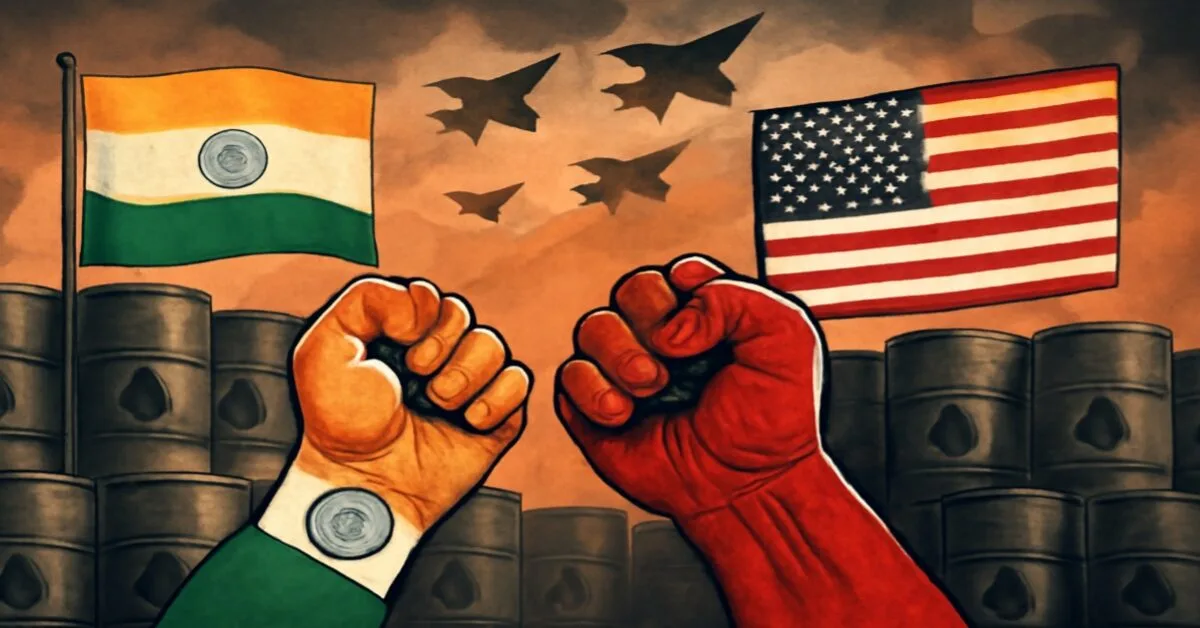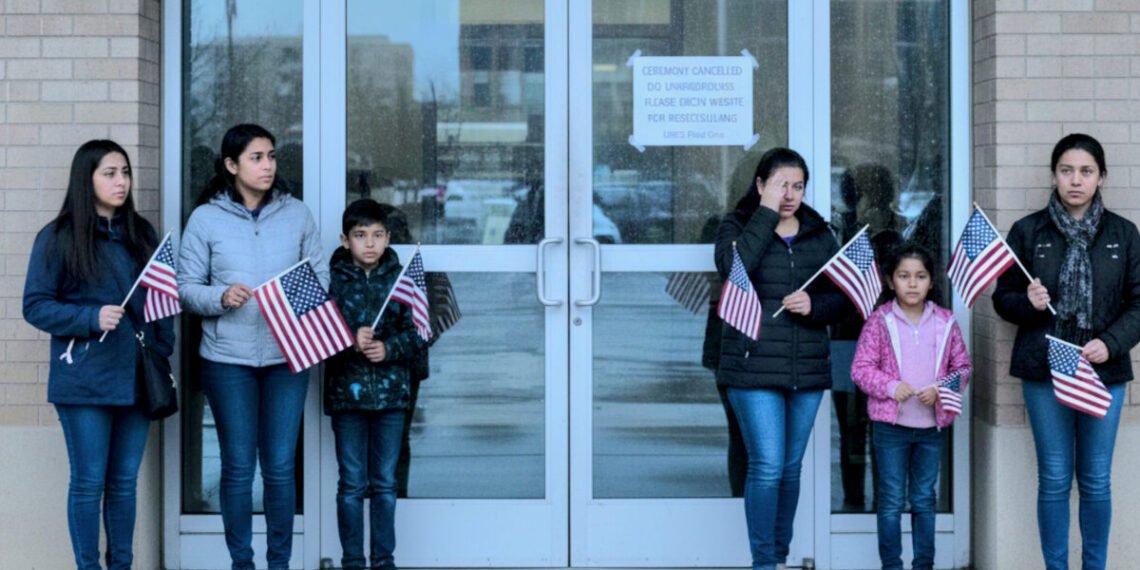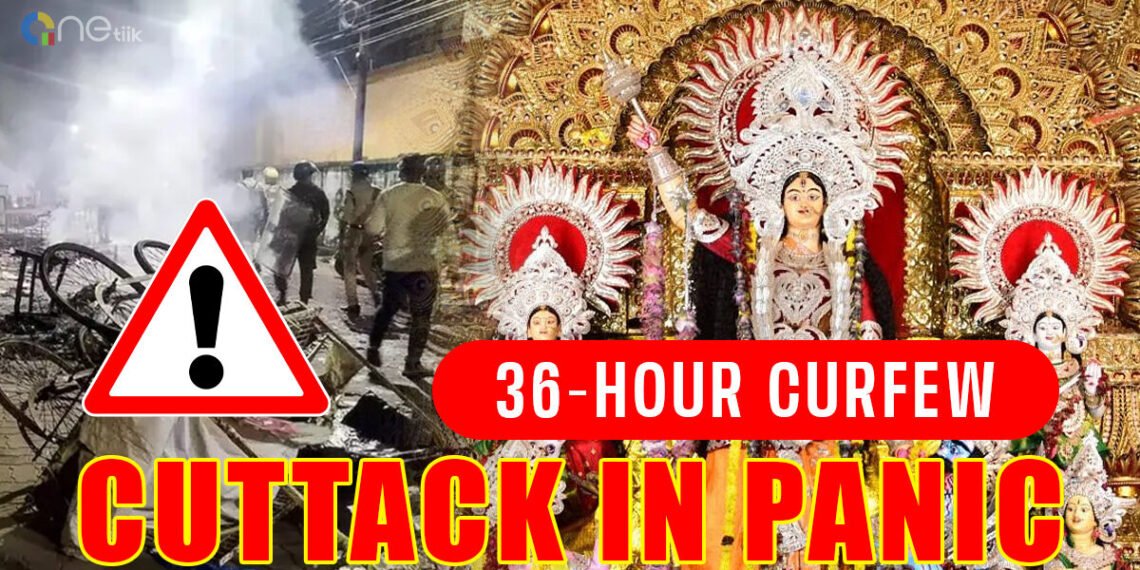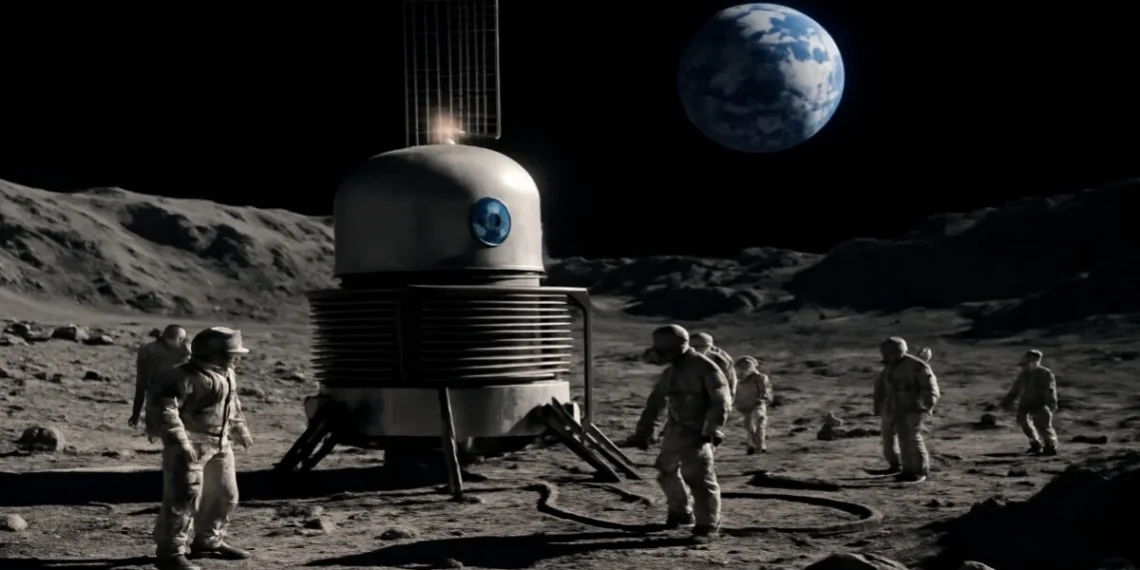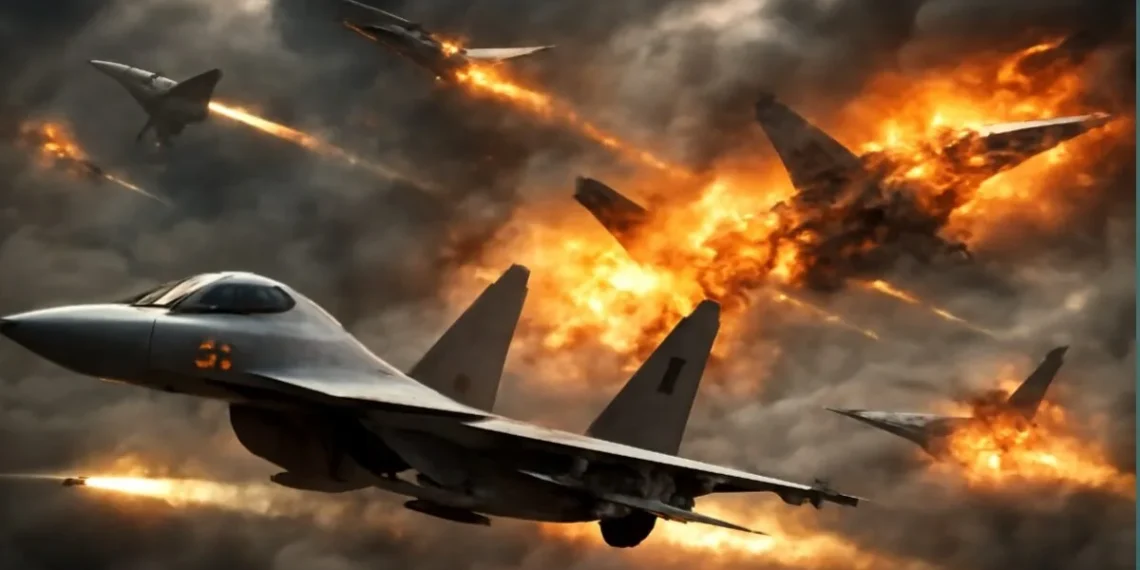A fast-escalating trade and diplomatic row has broken out between India and the United States after President Trump issued an ultimatum demanding that New Delhi stop buying Russian oil—or face even steeper tariffs. But in a dramatic turn, India has rejected Washington’s “unjustified and unreasonable” demands and turned the tables with retaliatory steps of its own.
White House Ultimatum Sparks Strong Indian Response
The US administration recently slapped a 50% tariff on Indian exports, threatening even harsher penalties unless India halts importing Russian crude. Indian leaders instantly criticized the move, calling it unfair and insisting the nation would not compromise its national interests just to please Washington. Government sources pointed out that stopping Russian oil imports would send India’s fuel bills soaring by $9-12billion per year, pushing up prices for millions of Indians and risking inflation worldwide.
Defense Deals in Jeopardy
The tariff escalation has had immediate and dramatic consequences: India has now suspended a major $3.6billion deal to buy six Boeing P-8I surveillance aircraft from the US—an agreement that had been in advanced stages. The Ministry of Defence has also hit pause on other purchases of American military equipment, signaling a sharp protest over what it sees as politically motivated trade strong-arming. Defense Minister Rajnath Singh’s scheduled trip to Washington to finalize these deals is also off the table for now.
Indian officials say the moves serve as a clear message: India won’t be bullied into abandoning long-standing strategic and energy partnerships just for US approval. The country continues to stress its right to buy energy where it chooses, especially given that Western nations themselves have exploited similar loopholes and continued certain trades with Russia.
What Happens Next?
For years, India has carefully balanced close ties with both the US and Russia, but the new tariffs and demands may mark a turning point. With defense ties and technology cooperation now at risk, analysts warn of serious long-term consequences for US-India relations if the dispute deepens.
Meanwhile, India remains firm on its path: meetings are paused, deals frozen, but the door is still open for talks if the US backs off the “punitive” measures. Until then, global markets and diplomatic observers are nervously watching to see who will blink first in this high-stakes standoff.

